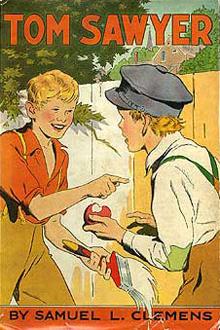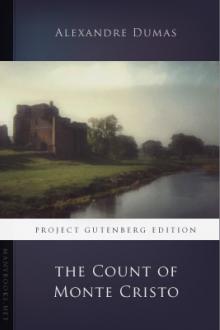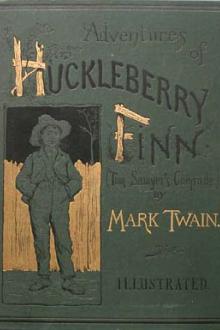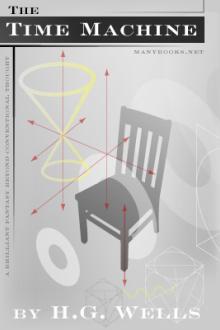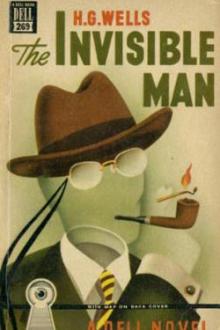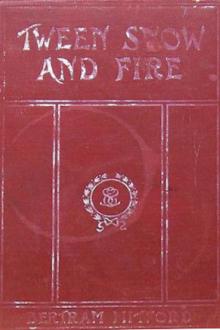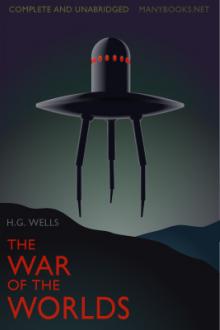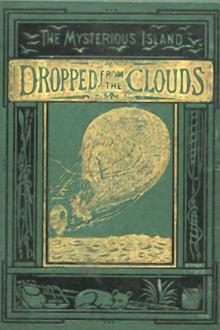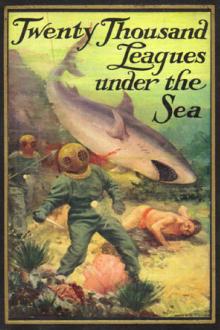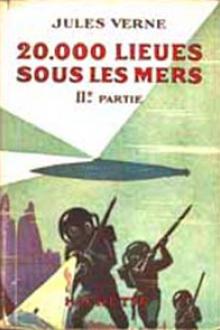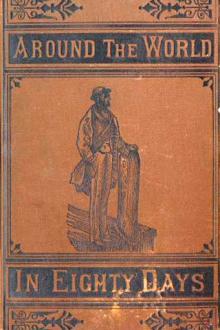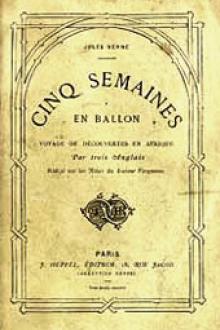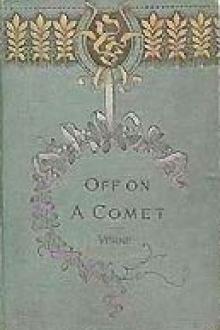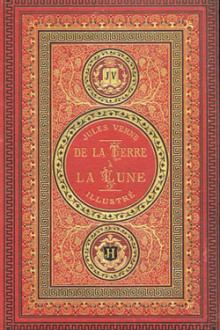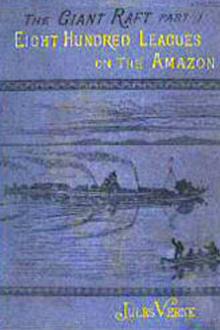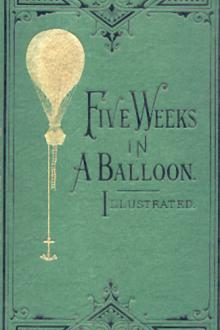A Journey to the Interior of the Earth
Book Excerpt
But on entering this study now I thought of none of all these wonders; my uncle alone filled my thoughts. He had thrown himself into a velvet easy-chair, and was grasping between his hands a book over which he bent, pondering with intense admiration.
"Here's a remarkable book! What a wonderful book!" he was exclaiming.
These ejaculations brought to my mind the fact that my uncle was liable to occasional fits of bibliomania; but no old book had any value in his eyes unless it had the virtue of being nowhere else to be found, or, at any rate, of being illegible.
"Well, now; don't you see it yet? Why I have got a priceless treasure, that I found his morning, in rummaging in old Hevelius's shop, the Jew."
"Magnificent!" I replied, with a good imitation of enthusiasm.
What was the good of all this fuss
Editor's choice
(view all)Popular books in Science Fiction, Adventure
Readers reviews
It isn’t pure pulp, however, and it contains a few very emotively rendered passages, such as when Axel gets lost in the bowels of the earth. Also contain the following passage:
“If we are neither drowned, nor shattered to pieces, nor starved to death, there is still the chance that we may be burned alive and reduced to ashes.”
At this the professor shrugged his shoulders and returned to his thoughts.
- Upvote (0)
- Downvote (0)
Spoiler Alert: And finally, which science could foresee the comical ending? I suppose then much of the magic is in the story-telling as much as in the science.
It was turned into what was one of my favorite films as a kid. In summary though, some of its science is more comparable to that in the Back-to-the Future trilogy: ironically, in which work the sons of Doc Brown (played by Christopher Lloyd) are named Jules and Verne.
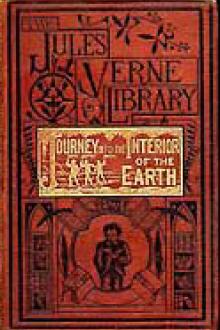
 Free Download
Free Download












